-
Best Practices for Conducting Oral History Interviews Remotely
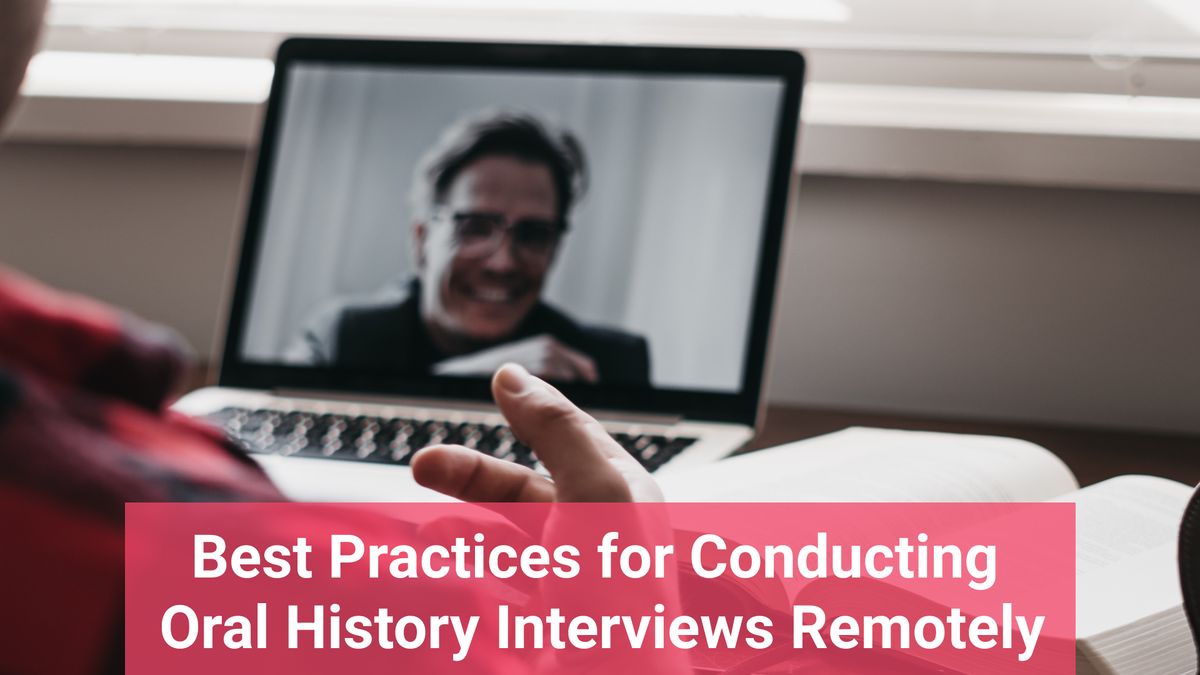
In an era of physical and social distancing, what are some of the best practices for conducting oral history interviews remotely? From insights, talking to oral historians and transcribing their interviews (if you’d like us to transcribe your oral history interviews for you, get in touch) in the past year, we’ll coalesce our recommendations around…
-
Top Four Benefits of Video Conferencing

Before 2020, meet ups either socially or work related were not something you had to really think about. Just plan with whoever you’re meeting up with, time and place and showing up was all you had to do, have a good time or discuss serious issues or conduct interviews and that was that. But since…
-
5 Tips to Consider Before Hiring Professional Transcription Services
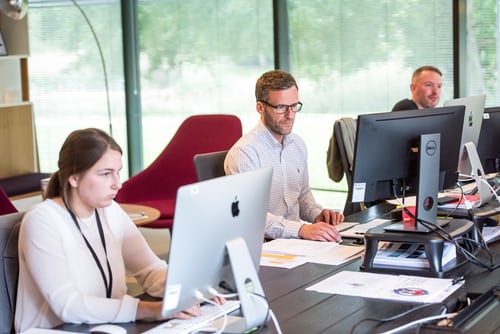
Having a transcription company transcribe your electronically stored data into texts is a cost-effective hands-off technique that may serve the purpose of your business. Whether it be for interviews, online meetings, podcasts, there are a number of uses for transcription services.There is a growing need for transcription services but how will you know what is…
-
Three Tips for Conducting Oral History Interviews Via Zoom
Thanks to technology, Zoom allows people to stay connected wherever they are. It allows users to start or join a secure meeting with flawless video and audio, instant screen sharing, and cross-platform instant messaging from one user to another. This cloud-based communications app has made it easier, especially during this period of the COVID-19, for…
-
Legalities and Ethics surrounding Oral History
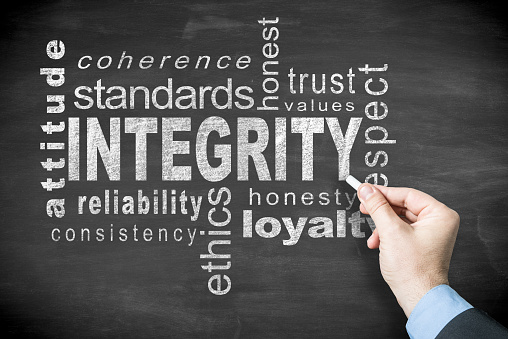
This blog is for people who record oral history interviews and organizations and individuals who keep collections of oral history data. In a previous blog we looked at the oral history consent form, today we’re going to be looking at the legal and ethical issues that oral historians should look out for. Legal Issues Copyright…
-
Limitations of Oral History Evidence
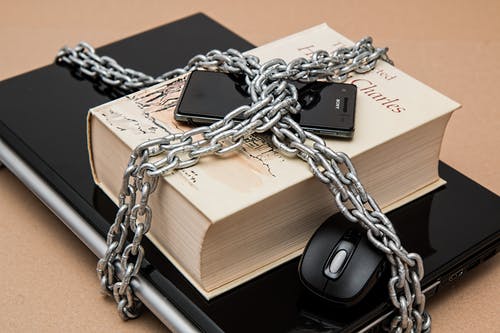
All oral historians rely on the narrative for their oral history to exist, and when dealing with the narratives of ordinary people living in conditions of social and political stability, the value of oral history is unquestionable. However, in recent years oral historians are starting to question the reliability of the accounts of extreme human…
-
Top Four Reasons to use the Narrative as a Research Strategy
People tell stories in every culture although they vary in form and purpose, these are often known as narratives. Narratives are always present in different group settings and scholars are noting that storytelling is a compelling endeavor that is universal. Stories are passed on from generation to generation and sometimes they are folk tales while…
-
Top 7 General Equipment for Oral History Interviews
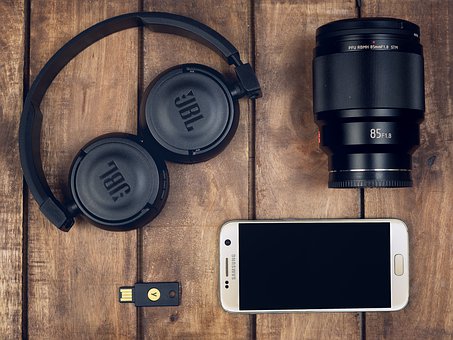
As an oral historian while conducting an interview it is important you give your full attention to the interviewee. Hence you cannot write down everything the interviewee is saying as it is distracting and the without a doubt, important information can be lost since keeping up with every word they utter with complete accuracy is…
-
Sources of Oral History

In my previous posts, I briefly explained What is Oral History and the Importance of Oral History, and at this point I thought it would be acceptable to explain exactly where does this oral history come from? There is a vast amount of oral history out there and delving into each of them would take…
-
3 Basic Areas to Consider while Conducting an Oral History Interview
Having a well planned out interview process is the most blissful thing for any interviewer. Going into an interview blindly just makes everything all the more harder to carry out. Not knowing the line of questioning or what the subject is all about can be an absolute nightmare for just about anyone. In this blog,…